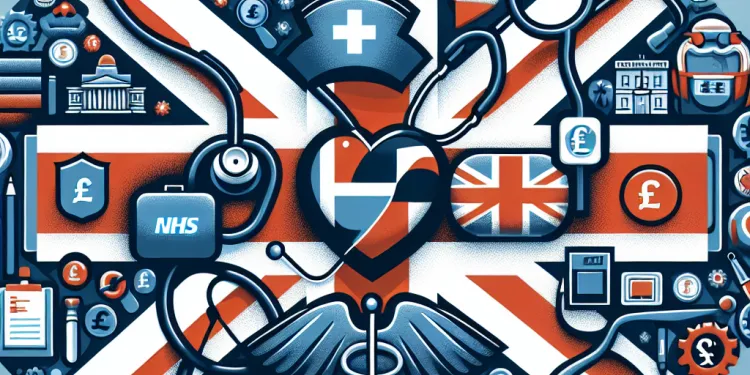
Find Help
More Items From Ergsy search
-
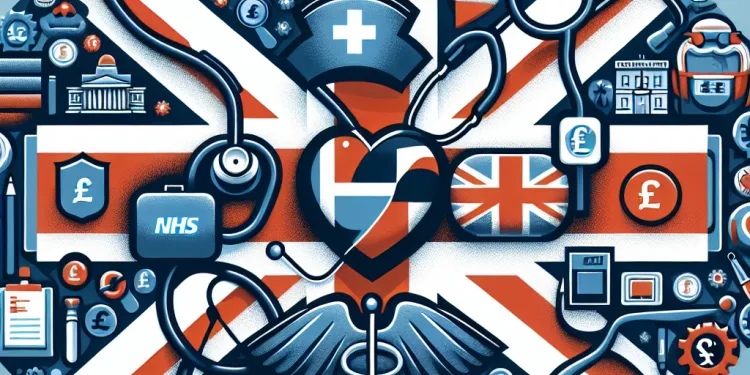
What are the basic educational requirements to become an NHS nurse?
Relevance: 100%
-

Is there a minimum age requirement to start nurse training?
Relevance: 80%
-
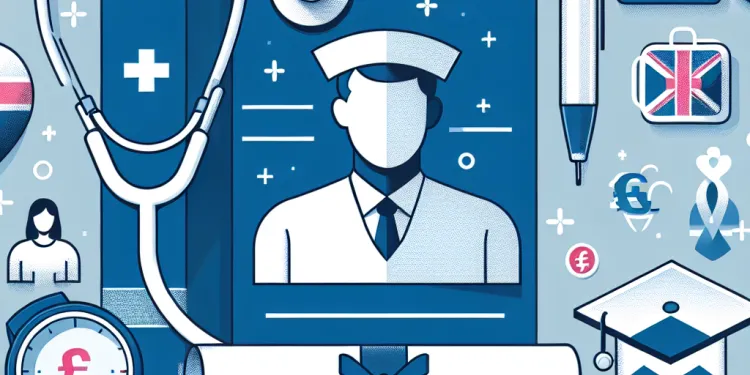
Can I become a nurse in the NHS with a nursing diploma?
Relevance: 66%
-
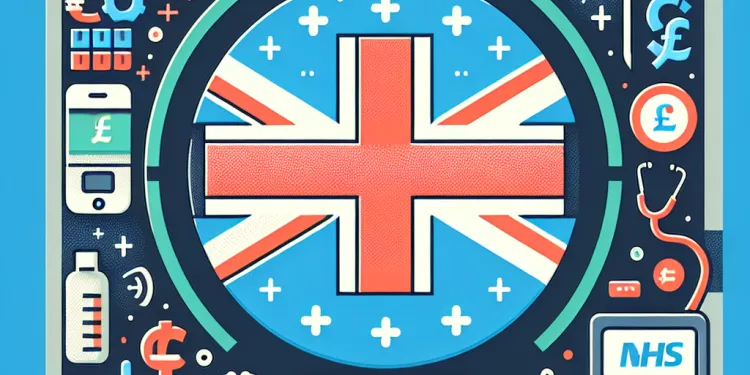
How can I become an NHS Nurse in the UK?
Relevance: 62%
-

What GCSEs or A-Levels do I need to become a nurse?
Relevance: 61%
-
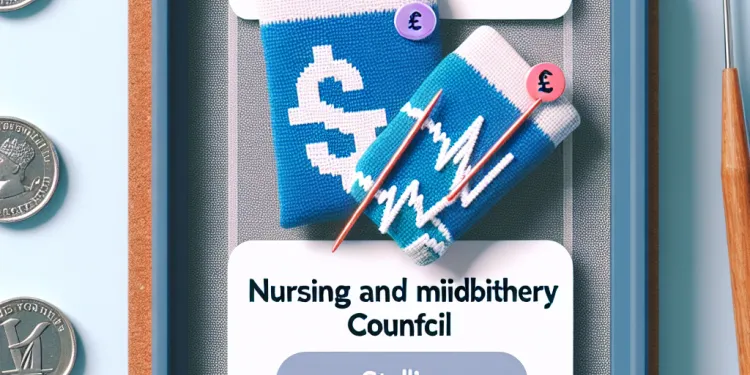
Do I need to be registered with the Nursing and Midwifery Council (NMC) to work as an NHS nurse?
Relevance: 59%
-
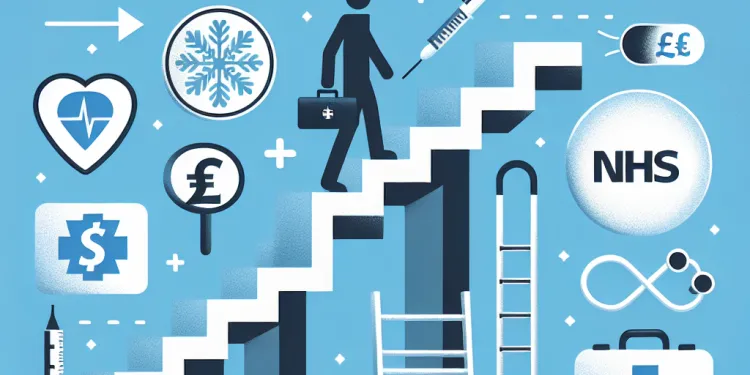
What are the career progression opportunities for NHS nurses?
Relevance: 58%
-

How important is work experience for entering a nursing program?
Relevance: 56%
-
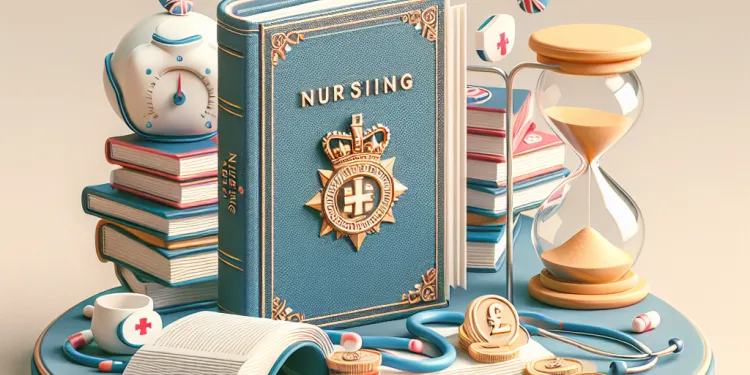
Is it possible to study nursing part-time?
Relevance: 56%
-

How long does it take to become an NHS nurse?
Relevance: 55%
-

What types of nursing degrees can I pursue?
Relevance: 55%
-
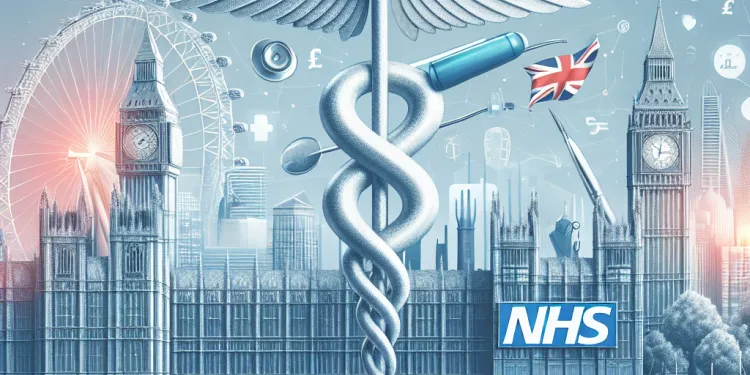
Can I become an NHS nurse if I have international nursing qualifications?
Relevance: 54%
-
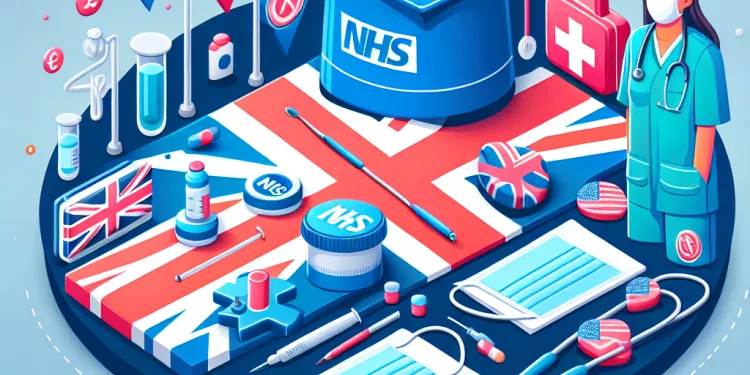
Are there any apprenticeship routes to becoming an NHS nurse?
Relevance: 53%
-

The role of residential and nursing homes
Relevance: 52%
-
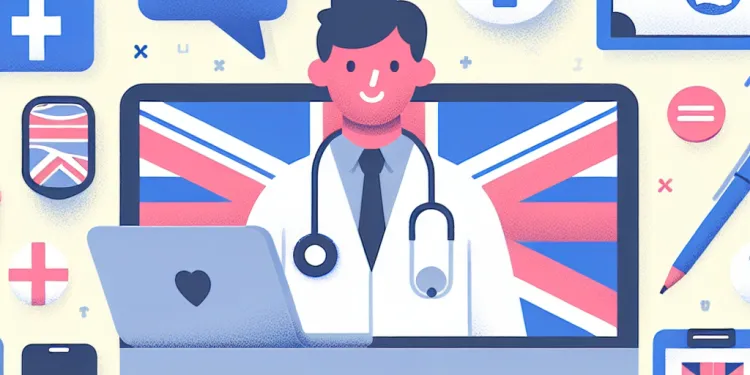
What support systems are available to NHS nurses for continuing professional development?
Relevance: 51%
-

What funding options are available for nursing students in the UK?
Relevance: 51%
-

What is the process for applying to a nursing degree course?
Relevance: 51%
-

The role of residential & nursing homes
Relevance: 49%
-

What skills are important for a career in nursing?
Relevance: 49%
-

How are care homes different from nursing homes?
Relevance: 48%
-

How do I choose a good nursing home?
Relevance: 46%
-

Is live-in care an alternative to nursing homes?
Relevance: 44%
-

Are there educational opportunities for seniors?
Relevance: 43%
-

Are there financial aids available for further education?
Relevance: 43%
-
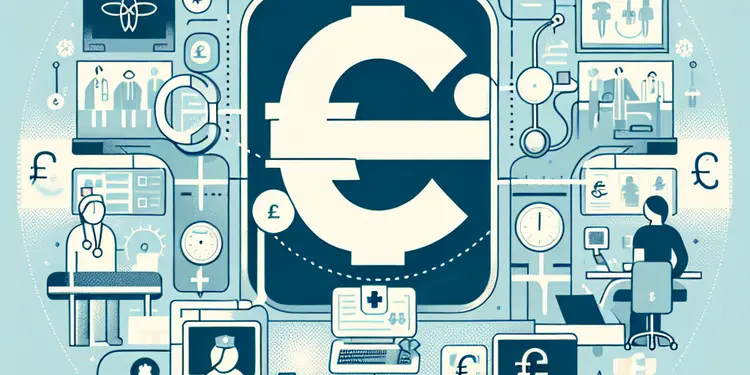
Will I still have access to doctors and nurses on a virtual ward?
Relevance: 41%
-

Can you receive Universal Credit if you are in full-time education?
Relevance: 40%
-
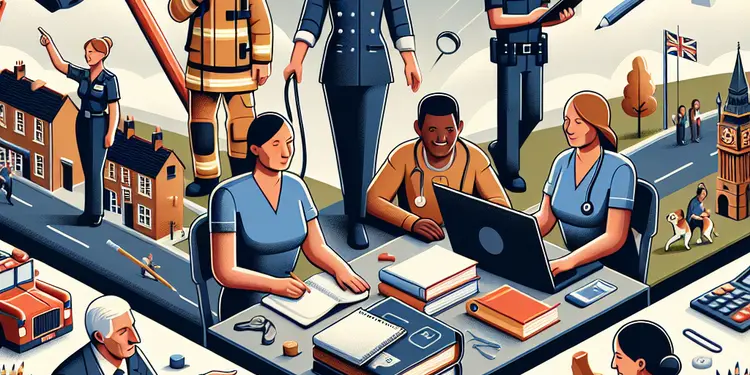
How can community helpers access educational resources?
Relevance: 40%
-

Are there educational components to the school meal program?
Relevance: 40%
-
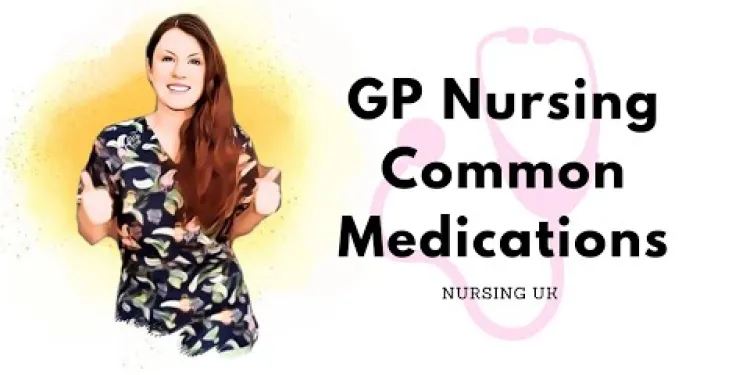
GP Nursing Most Common Medications UK.
Relevance: 39%
-

What is an Education, Health and Care Plan (EHCP)?
Relevance: 39%
-

Can I specialize in a certain area of nursing with the NHS?
Relevance: 38%
-

What training or educational programs are available for carers?
Relevance: 37%
-

Do stoma bags require a prescription?
Relevance: 35%
-

South London Arrhythmia Nurses Forum (16 June 2022)
Relevance: 34%
-
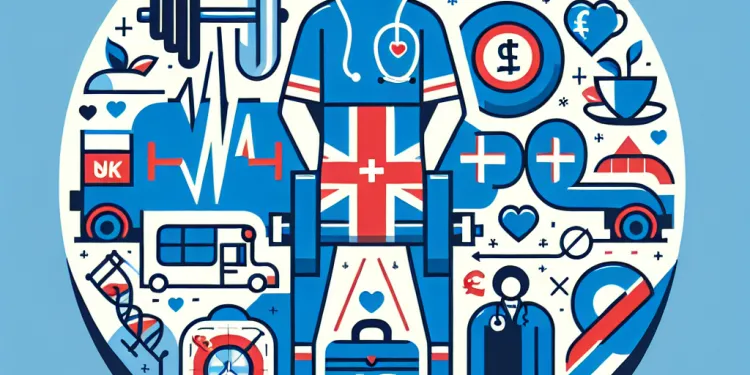
How physically demanding is a career in NHS nursing?
Relevance: 34%
-
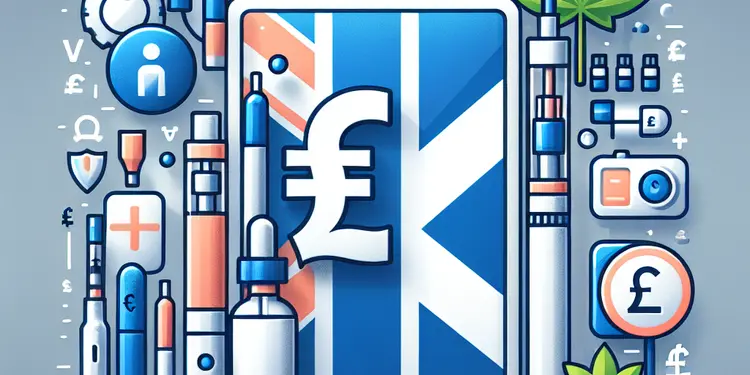
What initiatives are being taken to educate youth about the risks of vaping?
Relevance: 34%
-

Can I attend open days to learn more about nursing programs in the UK?
Relevance: 32%
-

How are special dietary requirements catered for in school meals?
Relevance: 32%
-
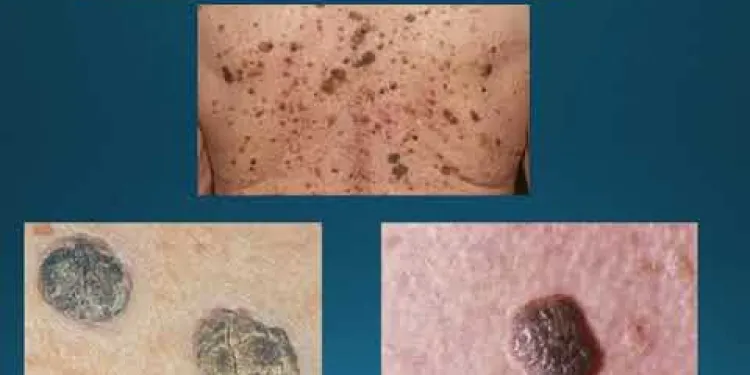
Skin cancer education
Relevance: 32%
-
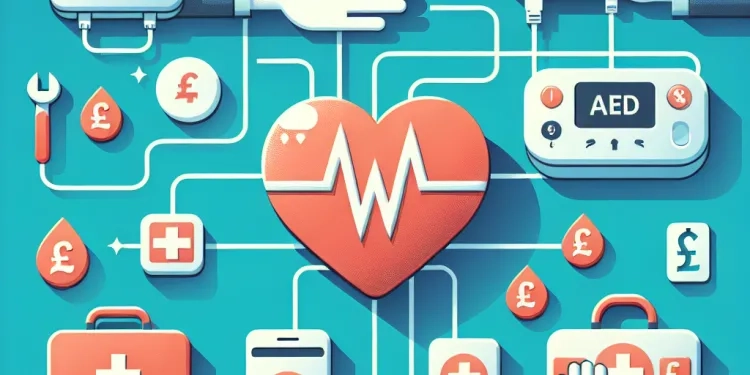
Is training required to use an AED?
Relevance: 32%
Introduction to Becoming an NHS Nurse
Becoming a nurse within the National Health Service (NHS) in the United Kingdom is a fulfilling career choice that requires specific educational qualifications and training. NHS nursing roles are diverse, and the educational requirements depend on the specific nursing pathway one wishes to pursue. The role demands dedication, compassion, and a commitment to patient care, making the proper educational pathway crucial for prospective nurses.
Undergraduate Nursing Degree
The most common route to becoming a registered nurse in the UK is through completing a nursing degree. Prospective nurses can choose from four main fields of nursing: adult, children (paediatric), mental health, and learning disabilities. A Bachelor of Science (BSc) in Nursing typically takes three years to complete and is offered by various universities across the UK. Applicants are generally expected to have at least five GCSEs at grades 9 to 4 (A* to C), including English, maths, and a science subject, as well as three A-levels or equivalent qualifications. Some universities may have specific grade requirements in relevant subjects such as biology.
Alternative Entry Routes
For those who do not meet the traditional A-level entry requirements, alternative qualifications like BTEC, NVQ, or access to higher education diploma courses can provide a pathway into nursing. These courses often include foundational healthcare education that aligns with university requirements. Additionally, nursing apprenticeships are increasingly available, allowing individuals to earn while they learn. Nursing apprenticeships combine working with studying part-time at a university, resulting in a degree and eligibility for registration.
Registration and Licensure
After completing a nursing degree, graduates must register with the Nursing and Midwifery Council (NMC) to practice as a nurse in the UK. This registration is mandatory and ensures that nurses meet the professional standards required by the NHS. The process includes passing a health and character assessment and a proficiency test. Once registered, nurses receive a Personal Identification Number (PIN), which they must renew periodically.
Continuing Professional Development
The journey of learning does not end once a nurse is registered. The NHS encourages continued professional development (CPD) to ensure that nurses keep their skills current and continue to provide high-quality care. CPD can involve additional certifications, specialized training courses, and relevant workshops, allowing nurses to progress in their careers or move into specialist areas.
Conclusion
Becoming a nurse in the NHS involves a structured educational pathway that culminates in licensure and registration through the NMC. Whether entering through traditional degree routes or alternative pathways, the role demands rigorous training and a commitment to ongoing professional development. Each stage of education and qualification ensures that NHS nurses are well-prepared to provide exceptional patient care across various healthcare settings.
Introduction to Becoming an NHS Nurse
Being a nurse in the NHS in the UK can be a really rewarding job. To become a nurse, you need to go to school and get training. There are different types of nurses, and the school you go to depends on what kind of nurse you want to be. Nurses need to care about people and want to help them. It's important to go to the right school to learn how to be a good nurse.
Undergraduate Nursing Degree
The most common way to become a nurse in the UK is by going to university to get a nursing degree. You can choose to be one of four types of nurses: adult, children (paediatric), mental health, or learning disabilities nurse. A nursing degree, called a Bachelor of Science (BSc), usually takes three years to finish. To get into these courses, you usually need good grades in school, like five GCSEs with good marks in English, maths, and science, and three A-levels or similar qualifications. Some universities might want you to have good grades in subjects like biology.
Alternative Entry Routes
If you don’t have the right grades for university, there are other ways to become a nurse. You can study courses like BTEC, NVQ, or an access to higher education diploma. These courses help you learn the basics about health care to get into university. Another option is a nursing apprenticeship, where you work and study at the same time. This way, you can earn money and also get a degree to become a registered nurse.
Registration and Licensure
After you finish your nursing degree, you need to sign up with the Nursing and Midwifery Council (NMC) to work as a nurse in the UK. This step is important because it makes sure all nurses are qualified. To sign up, you have to pass a test and show you are healthy and have good character. Once you are registered, you get a special number called a Personal Identification Number (PIN) which you need to renew every few years.
Continuing Professional Development
Learning doesn’t stop once you become a nurse. Nurses have to keep learning new things to stay good at their jobs. This is called Continuing Professional Development (CPD). Nurses can take extra courses, get more certification, and join workshops to learn more. This helps them improve and maybe try new kinds of nursing jobs.
Conclusion
Becoming a nurse in the NHS means going to school, getting training, and signing up with the NMC to get a license. Whether you go through a university or another path, being a nurse takes dedication and learning. Each step in becoming a nurse helps prepare them to give great care to patients in different health care settings.
Frequently Asked Questions
What is the minimum educational requirement to become an NHS nurse?
The minimum educational requirement to become an NHS nurse is typically a nursing degree recognized by the Nursing and Midwifery Council (NMC).
Can I become an NHS nurse with a diploma?
Most nursing positions within the NHS now require a degree, as the diploma route has been phased out and replaced with degree-level education.
What specific degree is required to become an NHS nurse?
You need to complete a Bachelor of Science degree in Nursing (BSc Nursing) that is approved by the Nursing and Midwifery Council (NMC).
Are there different fields of nursing degrees?
Yes, you can choose to specialize in fields like adult nursing, children's nursing, mental health nursing, or learning disabilities nursing.
Is the Bachelor of Science in Nursing (BSc Nursing) the only degree option?
While the BSc in Nursing is the standard pathway, there are also accelerated postgraduate nursing programs available for those who hold a degree in another field.
Can international qualifications be accepted to become an NHS nurse?
International qualifications may be accepted if they are deemed equivalent and meet the standards set by the NMC. You may need to undergo additional assessments or training.
Do I need any specific GCSEs or A-levels to enter a nursing degree program?
You will typically need at least five GCSEs including English, maths, and science, as well as two or three A-levels or equivalent qualifications for entry into a nursing degree program.
Is work experience required to enroll in a nursing degree?
While not always mandatory, having some healthcare-related work experience can be beneficial for your application to a nursing degree program.
What is the Nursing and Midwifery Council (NMC)?
The NMC is the regulatory body that sets the standards for education, training, conduct, and performance for nurses and midwives in the UK.
Can I become a nurse with a part-time degree program?
Yes, some universities offer part-time nursing degree programs, but they may take longer to complete than full-time courses.
What are apprenticeships in nursing?
Nursing apprenticeships allow you to earn a wage while studying to become a registered nurse, combining practical work with academic learning.
Are there scholarships or funding options available for nursing students?
Yes, there are various scholarships, bursaries, and funding options available for nursing students within the UK.
Do nursing students need to complete placements?
Yes, placements in NHS and other healthcare settings are a critical part of nursing education, allowing students to gain practical experience.
Can I study nursing online to become an NHS nurse?
While theoretical courses may be available online, practical clinical placements must be completed in person, so nursing cannot be fully completed online.
What level of English language proficiency is required?
International students or those whose first language is not English may need to demonstrate English proficiency through tests like IELTS, as specified by the NMC.
What is an accelerated nursing program?
Accelerated nursing programs are designed for individuals who already hold a degree in another subject and allow them to complete nursing education in a shorter time frame.
How long does it typically take to become a registered nurse in the NHS?
It typically takes three years to complete a full-time BSc Nursing degree program.
What is the next step after completing a nursing degree?
After completing a nursing degree, you must register with the NMC to become a licensed nurse eligible to work within the NHS.
Can I transfer from a healthcare assistant role to become a registered nurse?
Transitioning from a healthcare assistant to a registered nurse typically requires completing a registered nursing program, but experience may help in accessing educational opportunities.
What role do universities play in training NHS nurses?
Universities provide the academic and theoretical training needed for nursing, as well as coordinate clinical placements to ensure students gain practical experience.
What do you need to study to become an NHS nurse?
To be a nurse with the NHS, you need to get a degree in nursing.
You can go to university and study nursing to get this degree.
There are different types of nursing, like adult nursing, children's nursing, learning disabilities nursing, and mental health nursing.
If it is difficult for you to read, you can use tools that read the text out loud. You can also ask someone you trust to help you understand.
To work as a nurse for the NHS, you usually need a nursing degree. This degree must be approved by the Nursing and Midwifery Council, which is called the NMC.
Can I work as a nurse for the NHS if I have a diploma?
Yes, you can. But you also need some more training. Here is what you can do:
- Check if your diploma is a nursing diploma. It helps if it is related to health or caring.
- You might need to do a course called a "degree" in nursing. This is more learning about being a nurse.
- Look for nursing degree courses at a college or university.
- Some courses let you use your diploma to start in the second year.
Remember to talk to someone for help, like a teacher or advisor.
Here are some tools and techniques to help you:
- Use a dictionary to check words you find hard.
- Watch videos about nursing jobs to see what they do.
- Ask someone to explain things if you are unsure.
To become a nurse in the NHS, you need to have a degree. The old way of learning with a diploma is no longer used. Now, you must study at a degree level.
If you need help reading, you can use tools like text-to-speech apps. These apps can read the words out loud to you, which can make it easier to understand.
What degree do you need to be an NHS nurse?
To be a nurse with the NHS, you need to study a course called "nursing degree" at a university.
Support tools: Use picture charts or flashcards to help remember information.
You need to finish a Nursing degree. This is called a Bachelor of Science (BSc) in Nursing. Make sure the course is approved by the Nursing and Midwifery Council (NMC).
Are there different types of nursing degrees?
Nursing degrees can be different. People can choose different types of nursing. This means you can learn different things. You can work in different places.
Here are some tools to help you:
- Use pictures to understand better.
- Break down big words into smaller ones.
- Ask someone to explain if you are unsure.
Yes, you can choose to focus on different areas. You can help grown-ups, children, people with mental health needs, or people with learning disabilities.
Are there other degrees besides Bachelor of Science in Nursing (BSc Nursing)?
The most common way to become a nurse is to get a BSc in Nursing. But there are faster programs for people who already have a degree in something else. These programs help you become a nurse quicker.
Can you use qualifications from another country to become an NHS nurse?
People from other countries might have qualifications that are accepted if they are as good as the ones needed by the NMC. You might need to do extra tests or training.
What GCSEs or A-levels do I need to study nursing?
To study nursing, you need some qualifications:
- Good grades in GCSEs. This includes subjects like English, Maths, and Science.
- Some A-levels. It is helpful if these are in health, science, or social work.
If you are not sure, you can ask a teacher or a career advisor for help. They can tell you what to do next.
To get into a nursing degree, you usually need good marks in these school subjects: English, maths, and science. This is for your GCSEs. You also need two or three A-levels or similar qualifications.
If you find reading hard, you can try listening to audiobooks or having someone read with you. Using a highlighter to mark key points in the text can also help you understand it better.
Do you need work experience to start a nursing course?
No, you don't need work experience to begin a nursing course.
But having some can be helpful.
If you want to understand more, you can:
- Visit your school's career advisor.
- Look for online videos about nurses.
- Ask a nurse about their job.
These can help you learn what nursing is like.
Having some work experience in healthcare can help you get into a nursing degree program. It's not always needed, but it can be useful.
What is the Nursing and Midwifery Council (NMC)?
The Nursing and Midwifery Council, or NMC, is a group that looks after nurses and midwives in the UK. They make sure nurses and midwives do a good job taking care of people.
Here are some tools to help you understand:
- Use pictures: Look for pictures of nurses and midwives at work.
- Ask for help: Talk to a nurse, midwife, or teacher if you have questions.
- Watch videos: Find videos online that explain what nurses and midwives do.
The NMC is a group that makes rules for nurses and midwives. They make sure nurses and midwives in the UK learn, behave, and do their jobs well.
Tip: If you need help reading, you can use tools like text-to-speech apps that read out loud. You can also ask someone to help you understand the words.
Can I be a nurse if I study part-time?
Yes, you can study part-time to be a nurse. Part-time means you go to school for fewer hours each week. It might take longer to finish, but you can still become a nurse.
Here are some tips to help you:
- Plan your time: Make a schedule to manage your study and free time.
- Ask for help: Talk to your teachers if you need extra support.
- Use helpful tools: Use tools like flashcards or apps that make learning easy.
Yes. Some universities have nursing courses you can do part-time. But they might take longer to finish than full-time courses.
What are apprenticeships in nursing?
An apprenticeship in nursing means learning to be a nurse while you work. You get paid and study at the same time.
You learn from other nurses. They teach you what to do. It is a bit like going to school, but you also get real-life practice.
If you find reading hard, you can ask for help from a teacher or use audiobooks to listen to the information. You can also use drawings or diagrams to help you understand.
Nursing apprenticeships let you earn money while you study to be a nurse. You get to work and learn at the same time.
Can nursing students get money to help pay for school?
Yes, there is money help for nursing students in the UK. This can be scholarships, bursaries, or other funding options.
Do nursing students need to do work placements?
Nursing students have to work in hospitals to learn. These are called work placements. They help students get real-life practice. If you are learning to be a nurse, you will spend time in a hospital or clinic. This is important to become a great nurse.
Some tools to help you understand better:
- Ask for help from your teacher or friends if you don't understand something.
- Use pictures or videos to see what happens in hospitals.
- Try talking to nurses about their work; it can help you learn what to expect.
Yes, working in NHS and other healthcare places is very important for learning to be a nurse. It helps students get real-life practice.
Can I learn to be a nurse for the NHS on the internet?
Yes, you can start learning nurse skills online.
But, to be a nurse in the NHS, you will also need to practice in real life.
You can use online videos and apps to help you understand more.
Always ask for help if you find something hard to understand.
You can learn some things about nursing on the internet. But, to be a nurse, you have to practice in person. This means you cannot finish nursing school only online.
How good does your English need to be?
Students who come from other countries or speak a different language may need to show they can speak English well. They might need to take a test called IELTS to prove this. The NMC says this is important.
What is a faster nursing course?
A faster nursing course helps people become nurses more quickly. People study a lot in a short time.
If reading is hard, you can:
- Ask someone to read it to you.
- Use videos to learn about nursing.
- Use apps that read text out loud.
Fast-Track Nursing Courses are for people who already have a degree in something else. These courses help them finish nursing school quicker.
How long does it usually take to become a nurse with the NHS?
Most people study for about 3 years to become a nurse. This is called a nursing degree.
After they finish, they need to register. This means they sign up to work as a nurse.
Some people might take a bit longer, but that is okay!
If you find reading hard, you can use tools to read out loud. Or you can ask someone you trust to help you.
It usually takes 3 years to finish a full-time Nursing degree at university.
What should you do after finishing a nursing degree?
If you have finished studying nursing, here is what you can do next:
- Look for a Job: Try to find a nursing job at a hospital, clinic, or healthcare center.
- Get Licensed: You may need to pass an exam to become a registered nurse (RN).
- Continue Learning: Think about studying more if you want to become a specialist nurse.
Remember, you can ask for help from a career advisor or use online resources to plan your next steps.
When you finish your nursing studies, you need to sign up with the NMC if you want to work as a nurse in the NHS. This means you become a registered nurse and can start your job.
Can I move from being a healthcare helper to become a nurse?
Yes, you can change from a healthcare helper to a nurse. Here are some steps you can take:
- Go to nursing school to learn about being a nurse.
- Get good grades so you can pass your classes.
- Do training to understand how to take care of patients.
- Take a big test to become a registered nurse (RN).
Here are some things that can help:
- Talk to a teacher or a career coach.
- Use online videos to learn about being a nurse.
- Join study groups with your classmates.
To go from being a healthcare helper to a nurse, you usually need to go to school to learn to be a nurse. The work you have done can help you get into school.
How do universities help train NHS nurses?
Universities teach people to become nurses. They show them how to care for patients. Nurses learn skills they need to work in hospitals. Teachers at universities help students understand how to be good nurses.
Here are some helpful tools and tips for learning:
- Use short and simple sentences to understand better.
- Draw pictures to remember information.
- Ask a friend or teacher if something is confusing.
- Use voice recorders to listen to lessons again.
Universities help people learn to be nurses. They teach both the ideas and the skills needed. They also help students get practice by working in real hospitals.
Useful Links
Have you found an error, or do you have a link or some information you would like to share? Please let us know using the form below.
-->
This website offers general information and is not a substitute for professional advice.
Always seek guidance from qualified professionals.
If you have any medical concerns or need urgent help, contact a healthcare professional or emergency services immediately.
Some of this content was generated with AI assistance. We’ve done our best to keep it accurate, helpful, and human-friendly.
- Ergsy carfully checks the information in the videos we provide here.
- Videos shown by Youtube after a video has completed, have NOT been reviewed by ERGSY.
- To view, click the arrow in centre of video.
- Most of the videos you find here will have subtitles and/or closed captions available.
- You may need to turn these on, and choose your preferred language.
- Go to the video you'd like to watch.
- If closed captions (CC) are available, settings will be visible on the bottom right of the video player.
- To turn on Captions, click settings .
- To turn off Captions, click settings again.
More Items From Ergsy search
-

What are the basic educational requirements to become an NHS nurse?
Relevance: 100%
-

Is there a minimum age requirement to start nurse training?
Relevance: 80%
-

Can I become a nurse in the NHS with a nursing diploma?
Relevance: 66%
-

How can I become an NHS Nurse in the UK?
Relevance: 62%
-

What GCSEs or A-Levels do I need to become a nurse?
Relevance: 61%
-

Do I need to be registered with the Nursing and Midwifery Council (NMC) to work as an NHS nurse?
Relevance: 59%
-

What are the career progression opportunities for NHS nurses?
Relevance: 58%
-

How important is work experience for entering a nursing program?
Relevance: 56%
-

Is it possible to study nursing part-time?
Relevance: 56%
-

How long does it take to become an NHS nurse?
Relevance: 55%
-

What types of nursing degrees can I pursue?
Relevance: 55%
-

Can I become an NHS nurse if I have international nursing qualifications?
Relevance: 54%
-

Are there any apprenticeship routes to becoming an NHS nurse?
Relevance: 53%
-

The role of residential and nursing homes
Relevance: 52%
-

What support systems are available to NHS nurses for continuing professional development?
Relevance: 51%
-

What funding options are available for nursing students in the UK?
Relevance: 51%
-

What is the process for applying to a nursing degree course?
Relevance: 51%
-

The role of residential & nursing homes
Relevance: 49%
-

What skills are important for a career in nursing?
Relevance: 49%
-

How are care homes different from nursing homes?
Relevance: 48%
-

How do I choose a good nursing home?
Relevance: 46%
-

Is live-in care an alternative to nursing homes?
Relevance: 44%
-

Are there educational opportunities for seniors?
Relevance: 43%
-

Are there financial aids available for further education?
Relevance: 43%
-

Will I still have access to doctors and nurses on a virtual ward?
Relevance: 41%
-

Can you receive Universal Credit if you are in full-time education?
Relevance: 40%
-

How can community helpers access educational resources?
Relevance: 40%
-

Are there educational components to the school meal program?
Relevance: 40%
-

GP Nursing Most Common Medications UK.
Relevance: 39%
-

What is an Education, Health and Care Plan (EHCP)?
Relevance: 39%
-

Can I specialize in a certain area of nursing with the NHS?
Relevance: 38%
-

What training or educational programs are available for carers?
Relevance: 37%
-

Do stoma bags require a prescription?
Relevance: 35%
-

South London Arrhythmia Nurses Forum (16 June 2022)
Relevance: 34%
-

How physically demanding is a career in NHS nursing?
Relevance: 34%
-

What initiatives are being taken to educate youth about the risks of vaping?
Relevance: 34%
-

Can I attend open days to learn more about nursing programs in the UK?
Relevance: 32%
-

How are special dietary requirements catered for in school meals?
Relevance: 32%
-

Skin cancer education
Relevance: 32%
-

Is training required to use an AED?
Relevance: 32%


